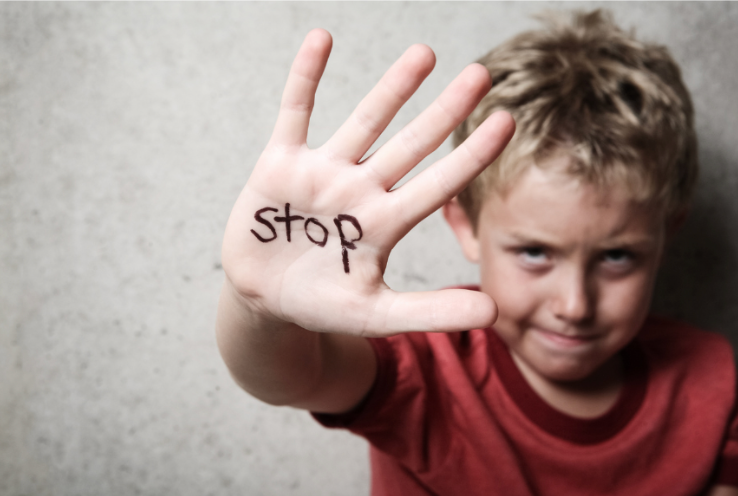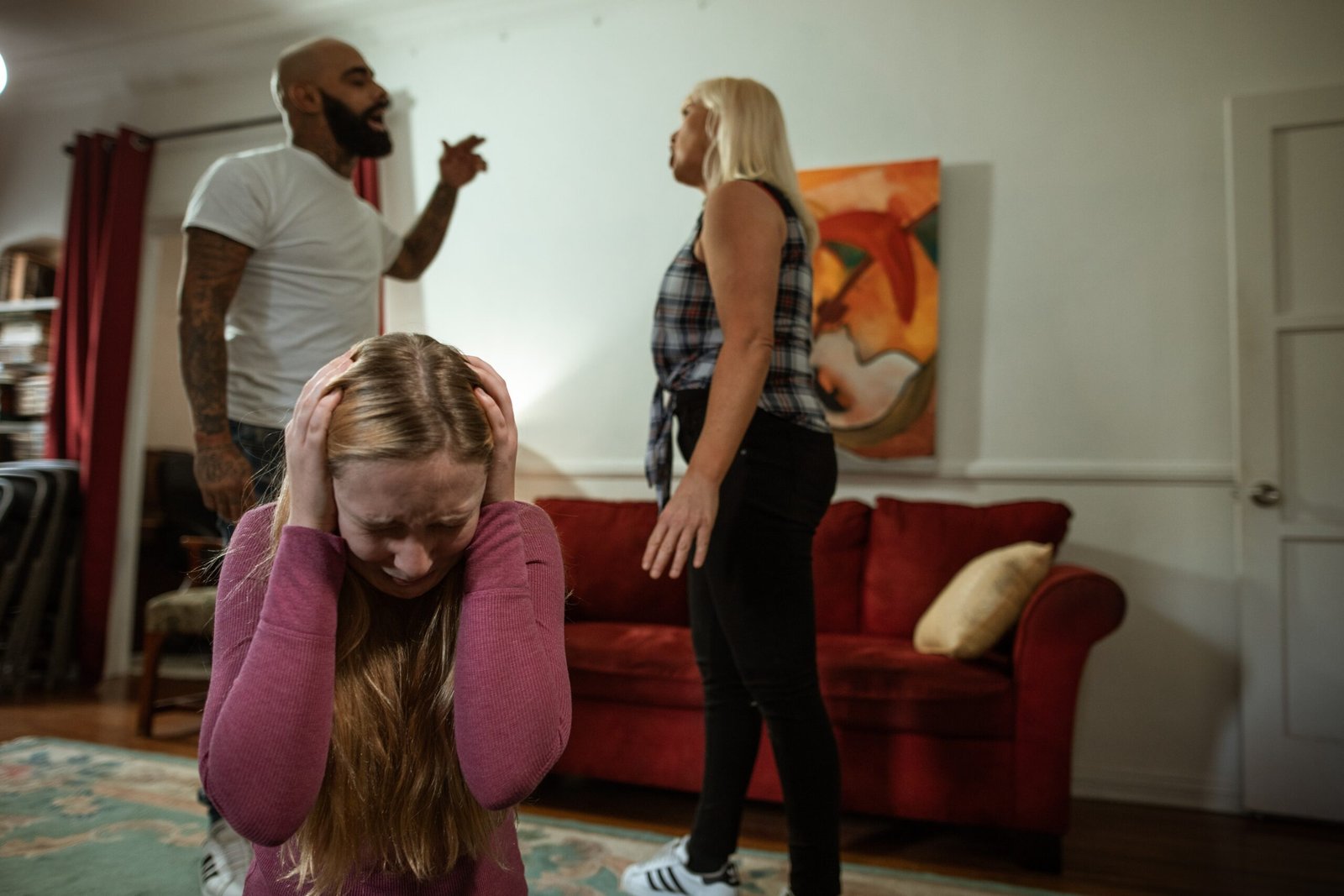Unraveling the Impact of Child Abuse on Mental Health

hildhood is often perceived as a time of innocence, joy, and carefree exploration. However, for many, this idyllic image is shattered by the haunting reality of child abuse. Child abuse comes in various forms— physical, emotional, sexual, and neglect. Beyond the immediate physical scars, child abuse can inflict deep-seated wounds on a child's mental health, leading to lasting psychological impacts that resonate well into adulthood. In this article, we'll delve into the connection between child abuse and mental health issues, shedding light on this critical yet often misunderstood topic.


Understanding Child Abuse:
Child abuse encompasses a range of behaviours that harm a child's physical, emotional, or psychological well-being. Physical abuse involves intentional bodily harm, while emotional abuse can include constant belittling, humiliation, and rejection. Sexual abuse involves non-consensual sexual acts forced upon a child, and neglect refers to the failure to provide adequate care and attention.
The Silent Scars on Mental Health:
Child abuse can leave a trail of silent scars on a child's mental health. These scars may not be visible, but their impact can be profound and long-lasting. Children who endure abuse often develop a distorted sense of self-worth, struggling with feelings of shame, guilt, and low self- esteem. They may have difficulty forming healthy relationships, as trust becomes a fragile commodity .
The Vicious Cycle of Anxiety and Depression:
Child abuse can set the stage for a vicious cycle of anxiety and depression. Constant fear, stress, and helplessness during abuse can wire a child's brain to be on high alert, leading to chronic anxiety. This heightened anxiety can later evolve into depression as the child grows older. The emotional pain caused by abuse may lead to a sense of hopelessness, making the world seem like an overwhelming and unsafe place.
Complex Post-Traumatic Stress Disorder (C-PTSD):
Child abuse can also give rise to a condition known as Complex Post-Traumatic Stress Disorder (C-PTSD). This is a more severe form of PTSD and is often seen in individuals who have experienced prolonged and repeated trauma. Survivors of child abuse with C-PTSD may battle with intrusive memories, nightmares, and extreme emotional reactions triggered by reminders of their past.
Impact on Identity and Self-Esteem:
Childhood is a crucial time for the development of one's identity and self-esteem. Abuse can shatter a child's sense of self, leading to confusion about their own worth and identity. Survivors may struggle with feelings of self-doubt, self-hatred, and a constant fear of rejection. This internal struggle can hinder personal growth and achievement.

Enim ad minim veniam
Coping Mechanisms and Maladaptive Behaviors:
To cope with the pain and distress caused by abuse, survivors may develop maladaptive coping mechanisms. These can include substance abuse, self-harm, disordered eating, and risky behaviors. While these behaviors may offer temporary relief, they often exacerbate the cycle of self-destructive patterns, hindering the healing process.
Breaking the silence surrounding child abuse is crucial for recovery. Many survivors keep their experiences hidden due to shame, fear, or a lack of understanding. However, speaking out and seeking help is the first step towards healing. Therapy, support groups, and counseling can provide survivors with a safe space to process their experiences, rebuild their self-esteem, and learn healthy coping mechanisms.
Preventing child abuse is a collective responsibility that requires awareness, education, and action. Communities must be vigilant in identifying signs of abuse and providing resources for intervention. Education programs can teach parents, caregivers, and children about healthy boundaries, communication, and the importance of reporting abuse.
Conclusion:
Child abuse is a grave societal issue with far-reaching consequences for mental health. The emotional and psychological wounds inflicted during childhood can cast a long shadow, impacting an individual's mental well-being well into adulthood. Recognizing the connection between child abuse and mental health is essential for breaking the cycle of suffering. By offering support, raising awareness, and prioritizing the emotional well-being of survivors, we can contribute to a world where every child grows up free from the haunting grip of abuse, fostering a future of resilience and healing.


Leave a Reply